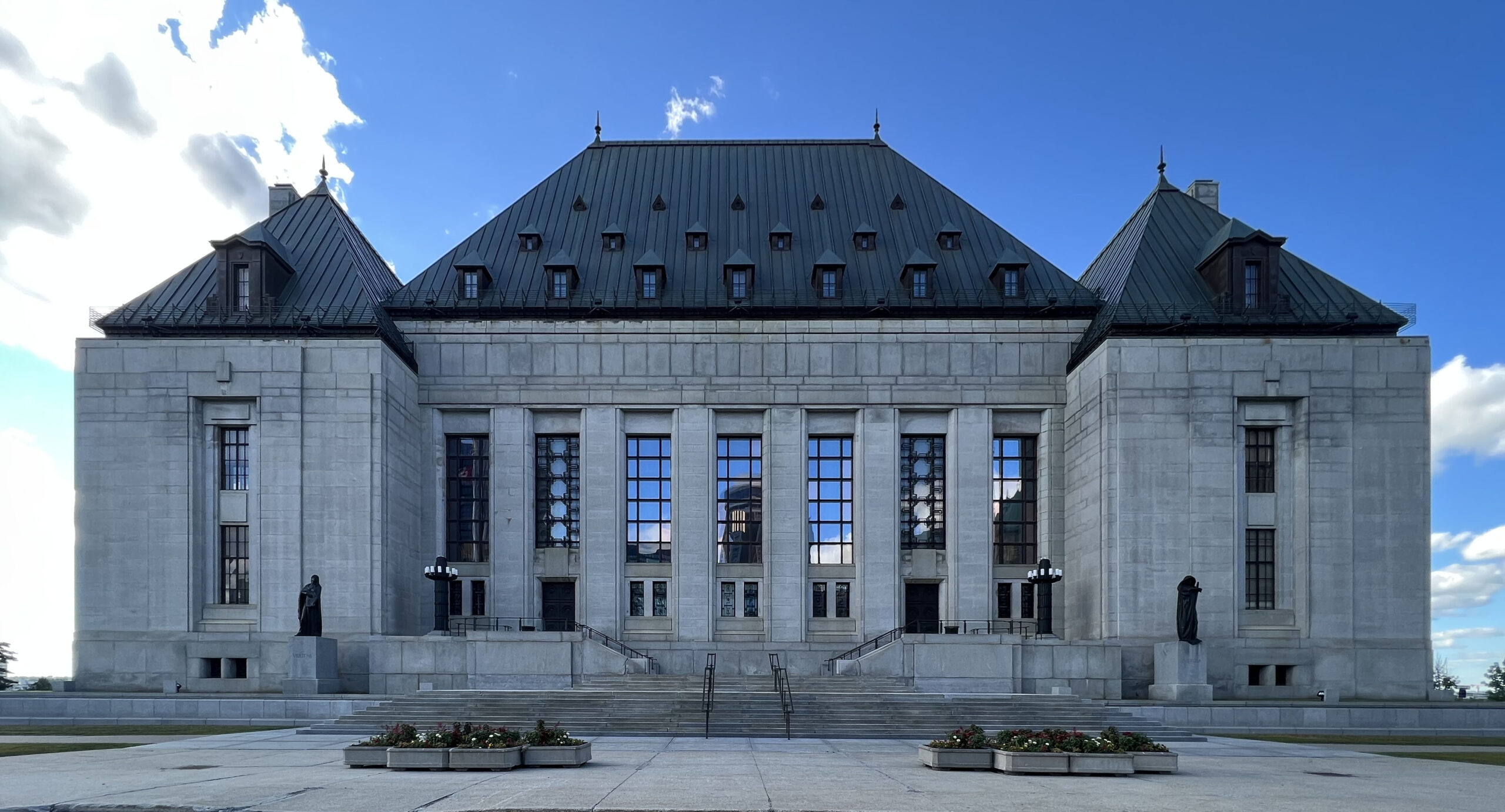The Supreme Court of Canada has ruled that federal inmates can challenge decisions denying them transfers to lower-security facilities. This landmark decision, announced on November 22, 2023, asserts that such refusals may constitute a deprivation of liberty that warrants judicial review. The ruling emerged from the case of inmate Ghassan Salah, and it emphasizes the need for a qualitative assessment of liberty beyond mere formal security classifications.
In its judgment, the Court underscored that judges must consider the practical implications of confinement conditions. Remaining in a more restrictive environment when a transfer to less restrictive conditions is in question can significantly engage an inmate’s liberty interests, which persist even after incarceration. This ruling marks a notable shift in how courts view the rights of inmates regarding security classifications.
The two appellants in this case sought transfers from medium-security to minimum-security facilities in 2019. Their case management teams had initially recommended reclassification; however, senior correctional officials later denied the transfers. The Ontario Superior Court dismissed their habeas corpus applications, with a majority of the Court of Appeal agreeing that transfer denials should be treated as internal administrative matters. They argued that such issues should be resolved through the Correctional Service of Canada’s grievance process and judicial review, rather than through habeas corpus.
Writing for the majority, Justice Moreau rejected this perspective. The Court asserted that once an inmate demonstrates a deprivation of liberty and presents a valid basis for questioning its legality, the option of habeas corpus is available. The burden of proof then shifts to the state to justify the detention. The majority emphasized that habeas corpus remains a crucial safeguard against unlawful liberty restrictions, even within the prison system, and cannot be limited solely to cases involving increased security classifications.
The Court ordered that the inmates’ applications proceed on the merits, reinforcing the idea that incarceration does not exempt individuals from judicial protection.
In a dissenting opinion, Justices Côté, Rowe, and Jamal cautioned against broadening the scope of habeas corpus to include challenges against denied transfers. They argued that such an expansion could transform it into a general mechanism for reviewing prison administration. The dissenting justices maintained that the existing statutory grievance framework and the Federal Court’s judicial review processes are the appropriate channels for addressing these disputes. They warned that the majority’s approach could inadvertently involve provincial superior courts in the daily management of correctional facilities.
This decision by the Supreme Court of Canada emphasizes that liberty interests remain significant even after a conviction. By confirming that habeas corpus can be employed to examine substantial decisions regarding security levels and confinement conditions, the Court has highlighted that the executive authority over prisoners is subject to meaningful judicial scrutiny. The judgment reinforces constitutional principles of accountability and oversight within the penitentiary system, ensuring that inmates maintain access to judicial protections against unlawful detentions.







